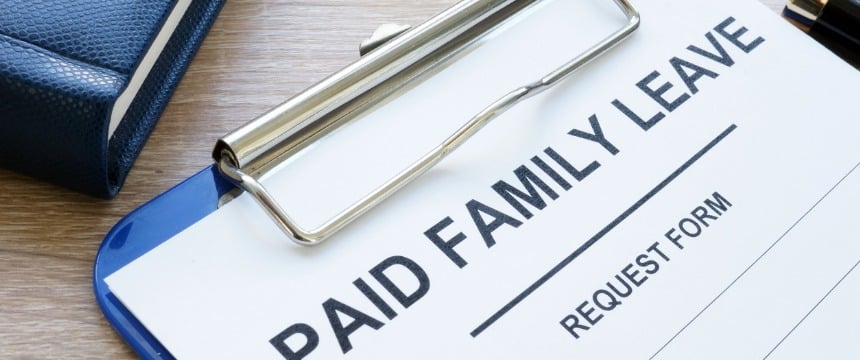DOL Releases New FMLA Forms, Solicits Comments for Future FMLA Regulation Changes

On July 16, 2020, the U.S. Department of Labor (DOL) issued new optional-use forms that employers can use to coordinate employee leave under the Family and Medical Leave Act (FMLA). As with the prior forms available from the DOL, the forms are completely optional and employers may choose to use their own versions in order to administer leave under the FMLA.
While the DOL-provided forms are optional, it is a best practice to use them because they contain the precise information necessary to validate and designate employee FMLA leave requests. In addition, using the DOL forms should facilitate DOL investigations involving FMLA complaints. During investigations, for example, DOL investigators usually review the employer’s FMLA forms to determine whether the employer correctly obtained information, provided employee notice, and correctly designated the leave as FMLA. Because of their familiarity with DOL-approved forms, investigators can more easily assess whether the employer has followed the technical requirements outlined in the DOL’s FMLA regulations. The new DOL forms can be found here: https://www.dol.gov/agencies/whd/fmla/forms.
The new forms do not materially change the substance of the questions in the old forms, but they do provide more “check-the-box” options for health care providers and limit the amount of space available for doctors to describe the medical facts related to the condition for which the employee seeks FMLA. The new streamlined forms are simpler and easier to use and users can answer by checking a response box and electronic signature to reduce contact. One prominent change is that the new forms provide a blank for a specific date by which the forms must be completed and returned by the employee. They also provide brief descriptions of serious health conditions that might qualify for FMLA (e.g., chronic conditions, permanent or long-term conditions, and conditions requiring multiple treatments), which could help a health care provider better determine the medical condition for which leave is requested. The DOL believes that the changes will reduce the time users spend providing information, improve communications between leave applicants and administrators, and reduce the likelihood of violations.
Also, on July 17, the DOL published a Request for Information (RFI) in the Federal Register with a 60-day comment period that solicits feedback on any specific challenges or best practices in the use and administration of FMLA leave. In the RFI, the DOL suggests broad questions for comments related to the definition of serious health condition, the use of intermittent FMLA leave, employee notice when seeking FMLA leave, and employer-required certification of an employee’s serious health condition to help frame responses. For instance, the DOL requests employers to answer:
“What would employers like to see changed in the FMLA regulations to better effectuate the rights and obligations under the FMLA?”
“What, if any, specific challenges or impacts do employers and employees experience when an employee takes FMLA leave on an intermittent basis or on a reduced leave schedule?”
“What, if any, challenges have employers and employees experienced in applying the regulatory definition of a serious health condition?”
The DOL also requests comments about opinion letters it has previously issued regarding a variety of FMLA topics, to determine if it should provide additional guidance regarding the interpretations contained in previously issued guidance.
Employers who would like to submit comments may do so before September 15, 2020. This provides an excellent opportunity to highlight specific challenges that employers have encountered with administering FMLA leave. Based on these comments, it is likely that there will be future regulatory changes to such issues as the definition of “serious health condition,” intermittent leave issues, and notice requirements.
With the new forms and request for information, employers should review their FMLA policies and forms and see if updates are necessary. Also, this window provides a chance for employers to inform the DOL of suggestions to improve the effectiveness of the current regulations and aid the DOL in its administration of the FMLA.
For more information, please contact Jeffrey Kopp, [email protected], or your Foley attorney.
